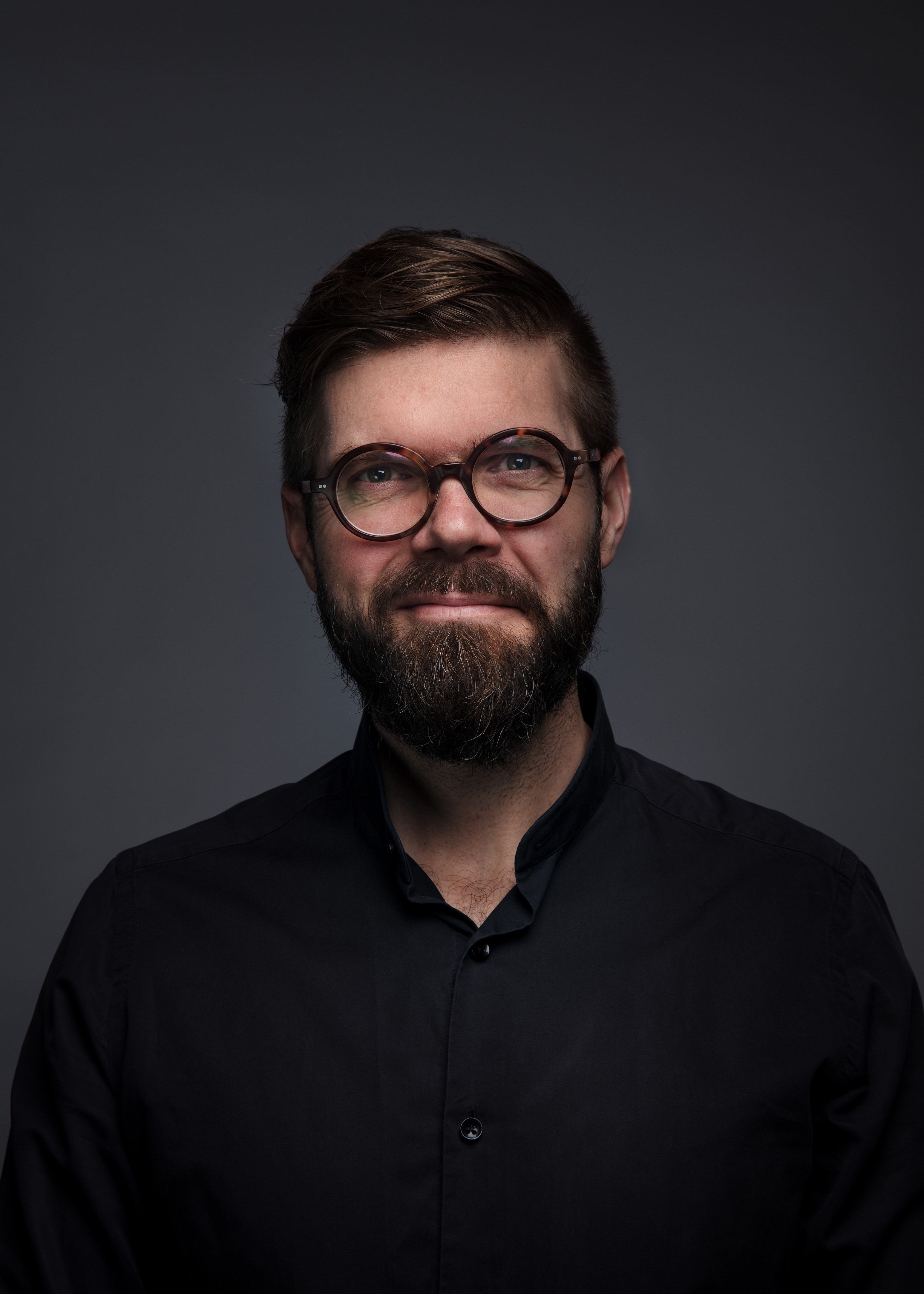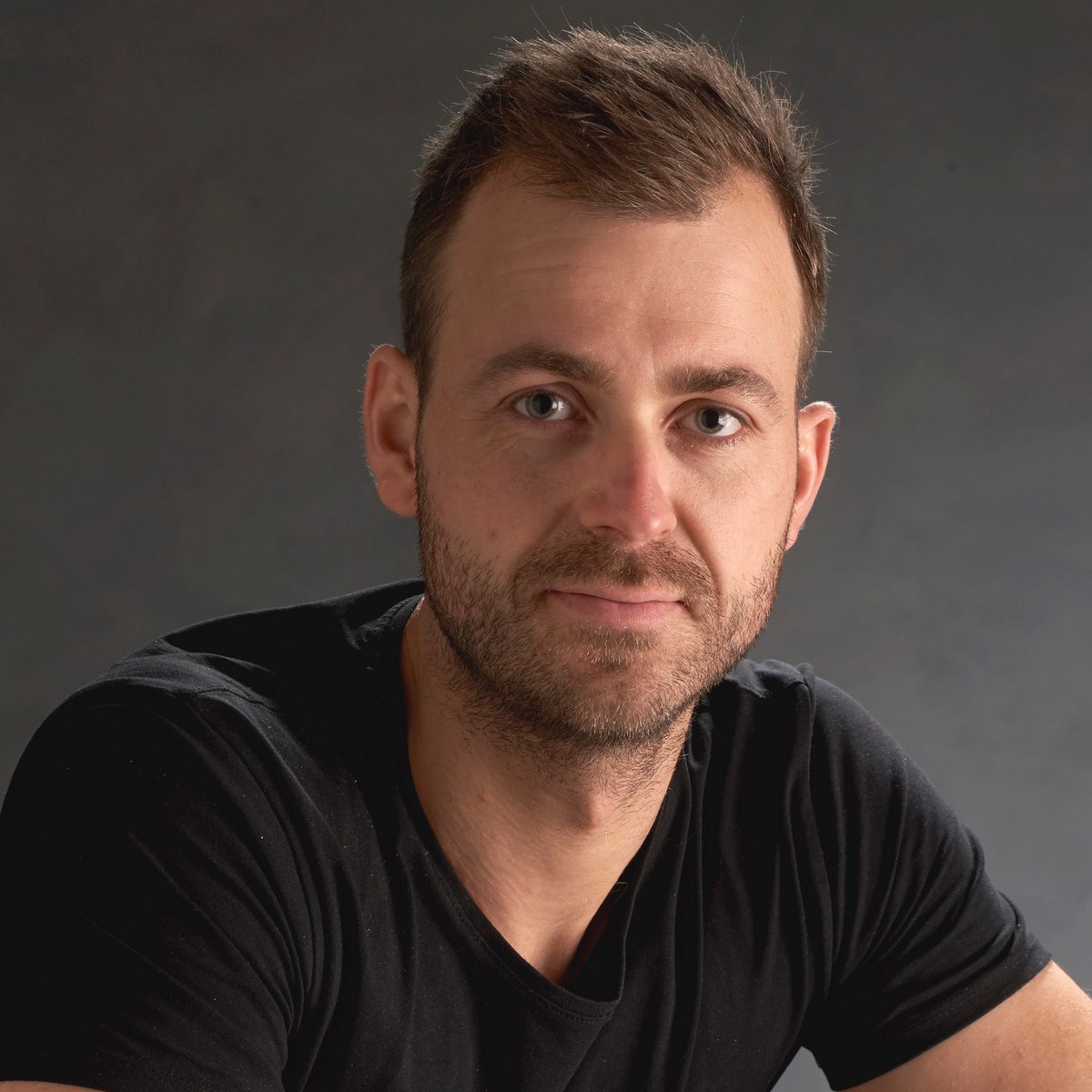The role of toys and tools in early-age learning: A systematic cross-cultural analysis of object use, play and enskillment across 54 hunter-gatherer societies
IMC Tuesday Seminar: Talk by Felix Riede and Marc Malmdorf Andersen
Info about event
Time
Location
IMC meeting room, Jens Chr. Skous Vej 4, building 1483, room 312 and online (https://aarhusuniversity.zoom.us/my/imcevents)


Tool-use and a dramatically prolonged period of childhood are key aspects defining our species and, arguably, its success. It has been hypothesized that play with objects may have a foundational role in the ontogeny of tool use and, over evolutionary timescales, in cumulative technological innovation. Yet, from a synchronic perspective there have been few systematic studies investigating children’s interactions with objects outside the post-industrialised West. From a diachronic perspective, younger children and their engagement with material culture has similarly received limited attention in studies of cultural transmission. In this talk, we present fresh findings from a recent a study using a cross-cultural database of ethnographically documented instances of children’s toys and tool use in 54 globally distributed foraging communities. Utilising this database, we provide a cross-cultural inventory of objects made for and by hunter-gatherer children and adolescents along with the properties of these objects. We also report the context in which these tools and toys are normally used in order to evaluate the evidence for formalised apprenticeships or other social learning situations. Our data suggests that children’s self-directed interactions with objects, especially during play, has a critical role in early-age enskillment; and that children readily manufacture their own toys such as dolls and shelters. Most of the objects in our dataset are full-sized or miniature versions of adult tools, reflecting learning for adult roles, yet children to a significant extend also engage with objects related specifically to child culture. While our analysis improves our systematic understanding of the role and relevance of play objects among hunter-gatherer societies, we also make the case for how the combined perspectives of ethnographies on object play and archaeological evidence for play objects can offer an improved cross-cultural frame of reference for how social learning varies across early human life-history and what role material culture may play in this process.
Bios
Felix is a German-born, UK-educated archaeologists with a range of interests in human cultural evolution, cognition and behaviour, all seen against the background of climate and environment. After completing his PhD in Cambridge back in 2007, he joined UCL’s Centre for the Evolution of Cultural Diversity as British Academy Postdoctoral Fellow, after which he took up an Assistant Professorship at AU in 2009, eventually becoming Full Professor in 2021.
Marc is a cognitive scientist and newly appointed associate professor at AU. His research focuses on the cognitive processes involved in play and fun, recreational fear and risky play.
